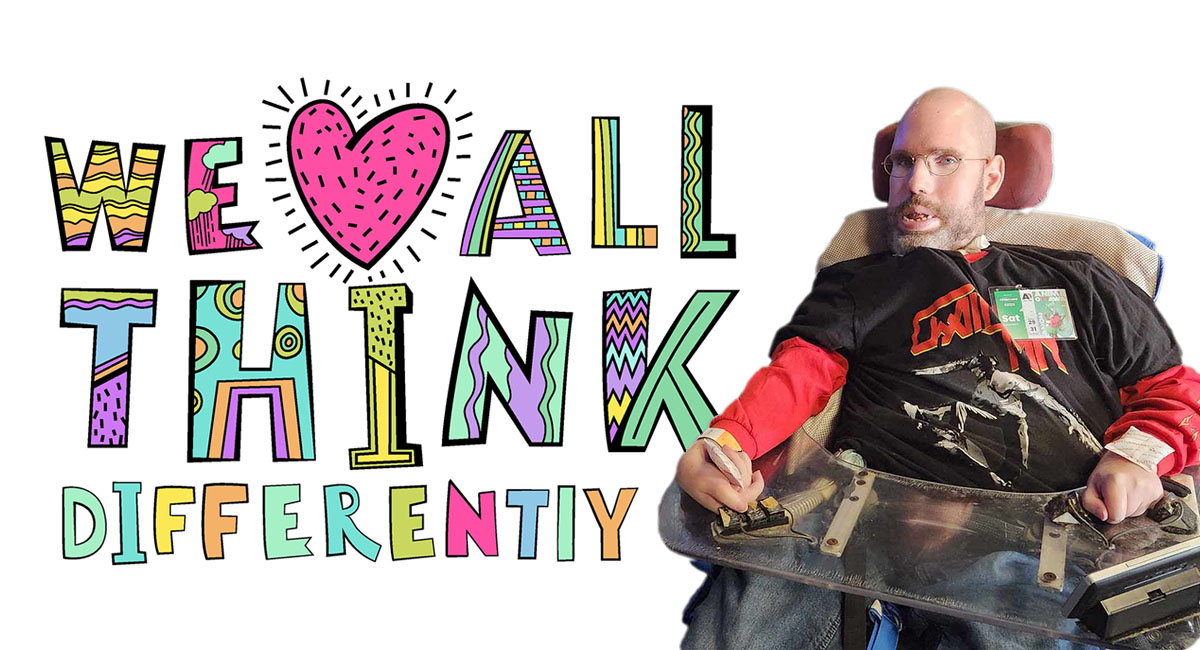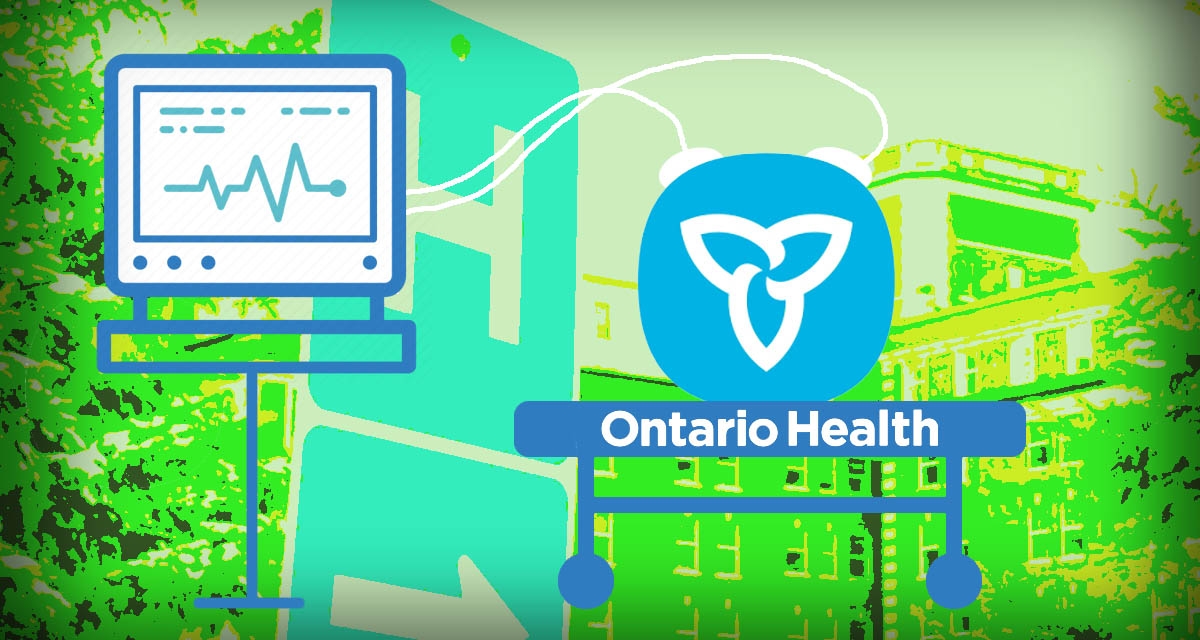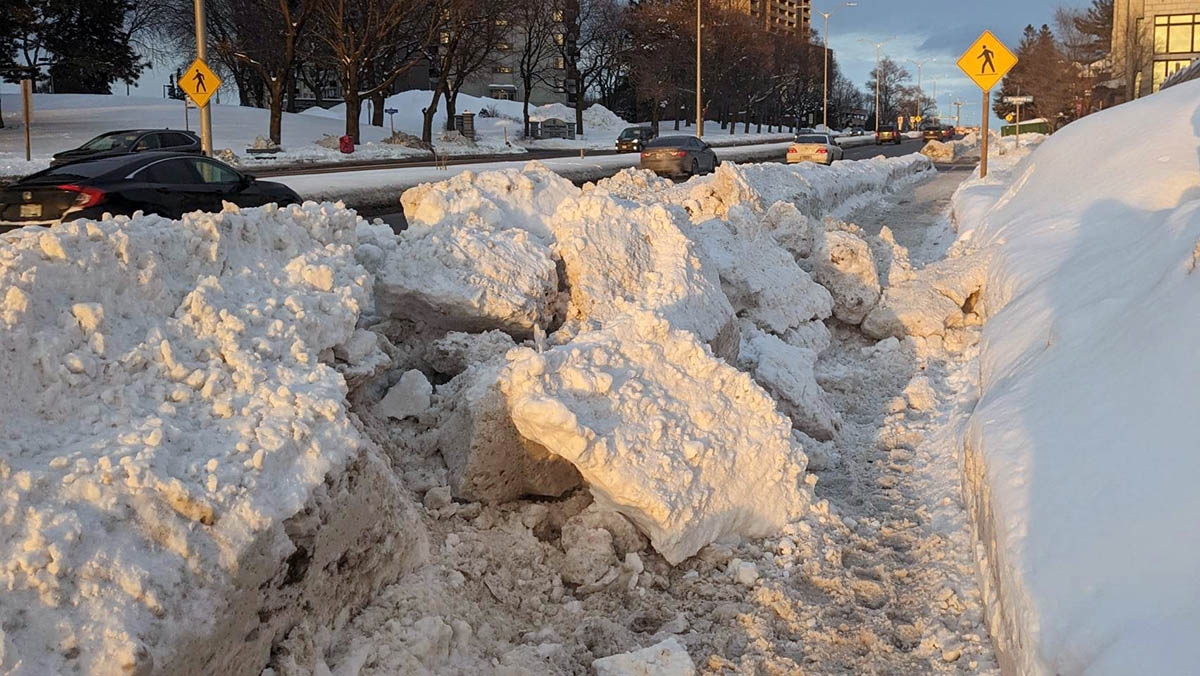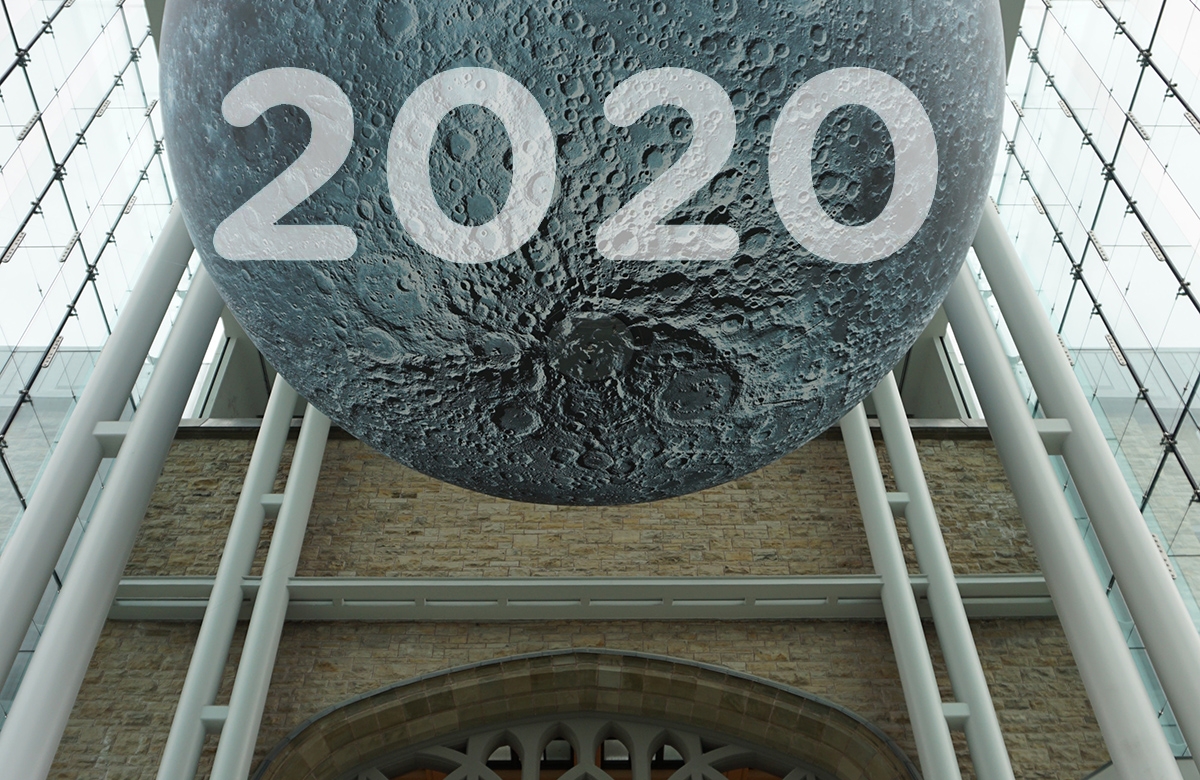
Discovering my Differences are Similar to Yours
Over the past several months, I’ve been on a journey of self-discovery and learning about mindfulness.
In my travels, I’ve realized that I am not only different physically but also think differently.
While I haven’t officially been diagnosed, I wholeheartedly believe that I am neurodivergent.
A few weeks ago, I posted about my realization on social media. While the responses were incredibly supportive, some had never heard of the term.
You’re not the only one.
According to Google, the term neurodivergent describes people whose brain differences affect how their brain works. That means they have different strengths and challenges from people whose brains don’t have those differences. Possible differences include medical disorders, learning disabilities, and other conditions.
My earliest memory of realizing my brain was different is when I was a child living at the Children’s Hospital Of Eastern Ontario (CHEO). For the first several years of my stay, I was in ICU. Almost all of the patients were either in a coma or with various medical conditions. I had no choice but to learn how to deal with amusing myself, as well as learn how to cope with my physical challenges.
I struggled as I got older, started school, and met new people. At times, I struggled to understand even the most basic concepts. While a lot was due to my environment, some was because of my brain.
There always seemed to be a blockage in my brain, and I had no idea what was going on. People would often talk to me, and my response would be a blank stare or a haphazard response.
Come to think of it; I still do that.
In other words, I have Attention Deficit Hyperactivity Disorder (ADHD). ADHD does fall under the umbrella of being neurodivergent. Right there, I can check it off the list.
Before I go any further, I want to share a little story.
I went to two different high schools, McArthur High School and Canterbury High School. At McArthur, the second floor mainly consisted of special needs students. On one side, some students were either physically and/or mentally challenged. On the other side, some students were (in most cases) severely Autistic and/or had other severe learning disabilities.
For the longest time, this was my main experience with knowing people who had Autism Spectrum Disorder (ASD). At least, that I knew of. As it turned out, I had been around a few people with ASD, but I never connected the dots.
I hate to admit it, but it was far from my idea of a positive experience.
In between classes, I’d see some of the kids from that unit. Most were nonverbal or yelled. Others would have violently aggressive outbursts and injure themselves. As a teenager, it was tough to see that and even tougher to understand.
I had a negative view of ASD at that point. And for many years after.
Man, was I wrong! The more people I met and continue to meet, the more common it is.
So, what exactly is Autism Spectrum Disorder (ASD)?
According to Google, Autism spectrum disorder (ASD) is a developmental disability caused by differences in the brain. People with ASD often have problems with social communication and interaction and restricted or repetitive behaviours or interests. People with ASD may also have different ways of learning, moving, or paying attention.
I won’t go into specifics right now, but some of you may be able to figure out what applies to me.
As far as whether or not I want to get a diagnosis, there’s a part of me that wants to. However, the process is not easy. It involves getting a referral from my doctor and then waiting months to get an appointment with a specialist. As funny as it sounds, I don’t have the attention span for that.
Also, would a diagnosis make that much of a difference? Probably not.
While there are medications out there that could help with some of my symptoms, it’s not a guarantee that they would work for me.
Right now, I’m continuing to learn more about being neurodivergent and understanding my own quirks as well as those around me. I’m relieved I’m not alone, and my past experiences have become positive.
I do pretty well overall. It’s only recently that I learned about the term neurodivergent. I’m excited to learn more about it,
At some point, I’ll write more about what I’ve learned and offer suggestions and resources for those seeking support and information.
One of the things I enjoy about being different is learning that we’re all similar.
Most just choose to ignore that fact.
Until next week, stay safe and keep on rolling.











